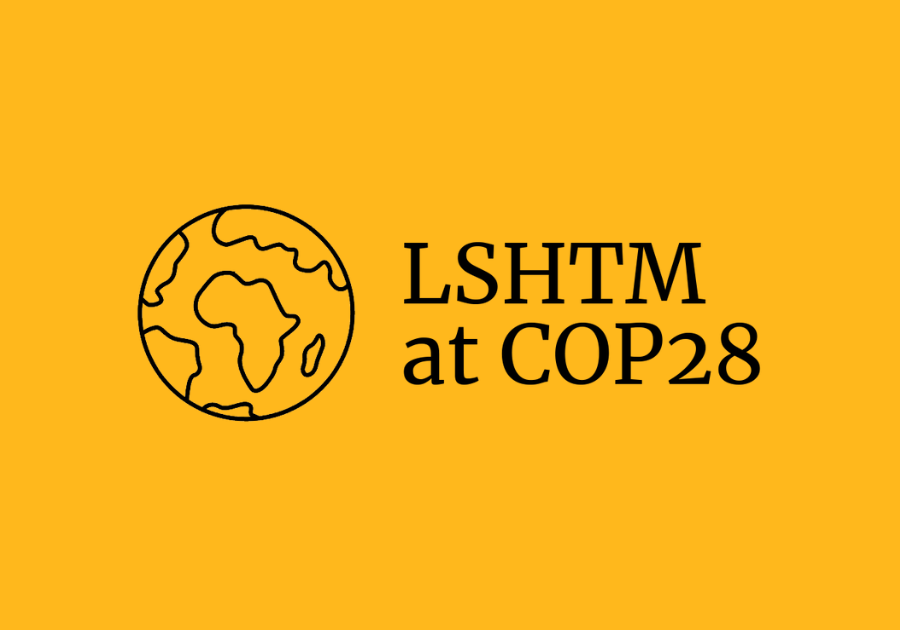
Climate and environmental change disproportionately affects women and children, as research by MARCH members demonstrates. Climate disasters and environmentally stressed livelihoods can lead to a rise in gender-based violence and violence against children as a result of increased individual stress, insecure living conditions, and child separation. Extreme heat can worsen maternal, neonatal and birth outcomes, increasing the risk of hypertension disorders, gestational diabetes and antenatal haemorrhage resulting from increased heat stress on the body during pregnancy. Climate disasters and climate-induced migration interrupts access to sexual and reproductive health services, including contraception, particularly for women, children, and adolescents in low- and middle-income countries who have contributed the least to global greenhouse emissions. Changing climates affect crops and food security which is particularly detrimental for maternal and newborn nutrition and can have lasting effects on child development. Eco-anxiety, the chronic fear of environmental doom, is known to be rising, especially among young people, as the Art of Health Breath In competition organised by The Health Research Unit Zimbabwe highlighted.
Despite growing documentation of these effects, both health and gender have been largely ignored in climate discourse at successive climate conferences (COPs). However, things have been changing slowly since COP26 in 2021,when the presence of global health actors at climate conferences began to increase. This year, at COP28 there was – for the first time ever – a Health Day, attended by Health Ministers from participating countries and a much stronger focus on women and girls, recognising not only the disproportionate impacts of climate change on them but also the critical role they play in supporting climate action. For the first time also, UNFPA had a pavilion and both the WHO and Resilience Hubs included multiple presentations, including by MARCH members, highlighting various aspects of maternal, adolescent and child health.
The UK government also made an important announcement that £16million of the UK’s International Climate Finance would be earmarked to support reproductive choice as part of climate resilience building. Investing in family planning to empower women and girls is a critical, but undervalued, pathway to climate resilience and earmarking funding through climate financing routes could support valuable new partnerships to reach some of the hardest to reach communities that are most affected by climate change, like those that MARCH members partner with in Rukiga, Uganda and in Madagascar.
The UK’s funding announcement is significant because it is part of growing recognition of the need to protect women, children and adolescents in the context of climate change. Governments and agencies contributing to the Global Financing Facility (GFF) recently committed US$445 million in funding to strengthen primary healthcare and improve the health and rights of women and children as part of the GFF’s “Deliver the Future” campaign. WHO, UNICEF and UNFPA have issued a joint call to action and advocacy on Climate change and RMNCH (reproductive, maternal, newborn and child health).
The tide is changing slowly and these ripples, evident at COP28, are a huge opportunity to continue to promote a wave of action to safeguard the health of women, children and future generations. But there remains much to do. MARCH members continue to conduct urgently needed research both on the impacts of climate and environmental change on women and girls, including the effects of heat on maternal and newborn outcomes, and on innovative ways to improve access to essential reproductive health services. We must all keep up the pressure to keep women, children and future generations at the heart of financing and decision making on climate change.
LSHTM's short courses provide opportunities to study specialised topics across a broad range of public and global health fields. From AMR to vaccines, travel medicine to clinical trials, and modelling to malaria, refresh your skills and join one of our short courses today.
